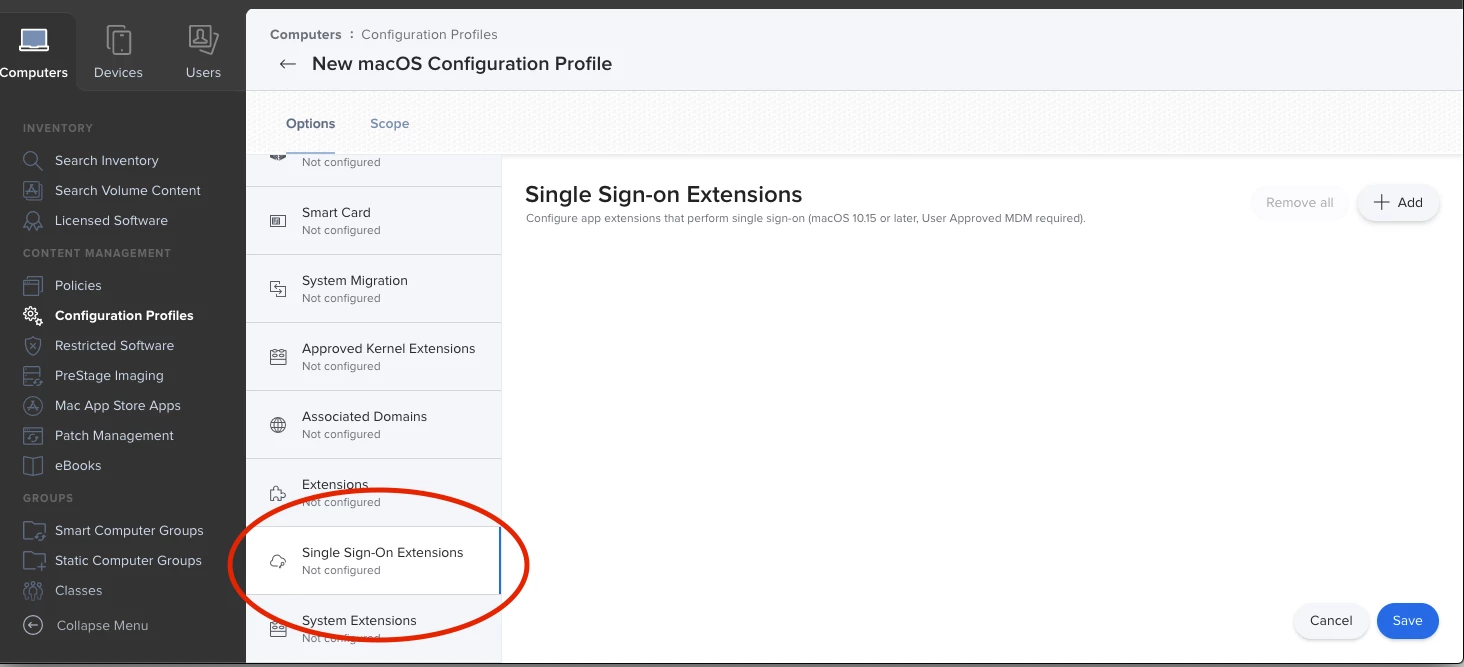We are in the process of moving away from Enterprise Connect and pushing out the built in SSO. I was hoping there would be a way for me to see the logged in user for the SSO like I do with Enterprise Connect. I know it's just an extension attribute that grabs the logged in user from the EC app but I don't know where that data is stored for SSO. I just want another line like in the picture below but instead of Enterprise Connect, I want SSO Logged in User
Question
Apple SSO extension Attribute
Enter your E-mail address. We'll send you an e-mail with instructions to reset your password.





